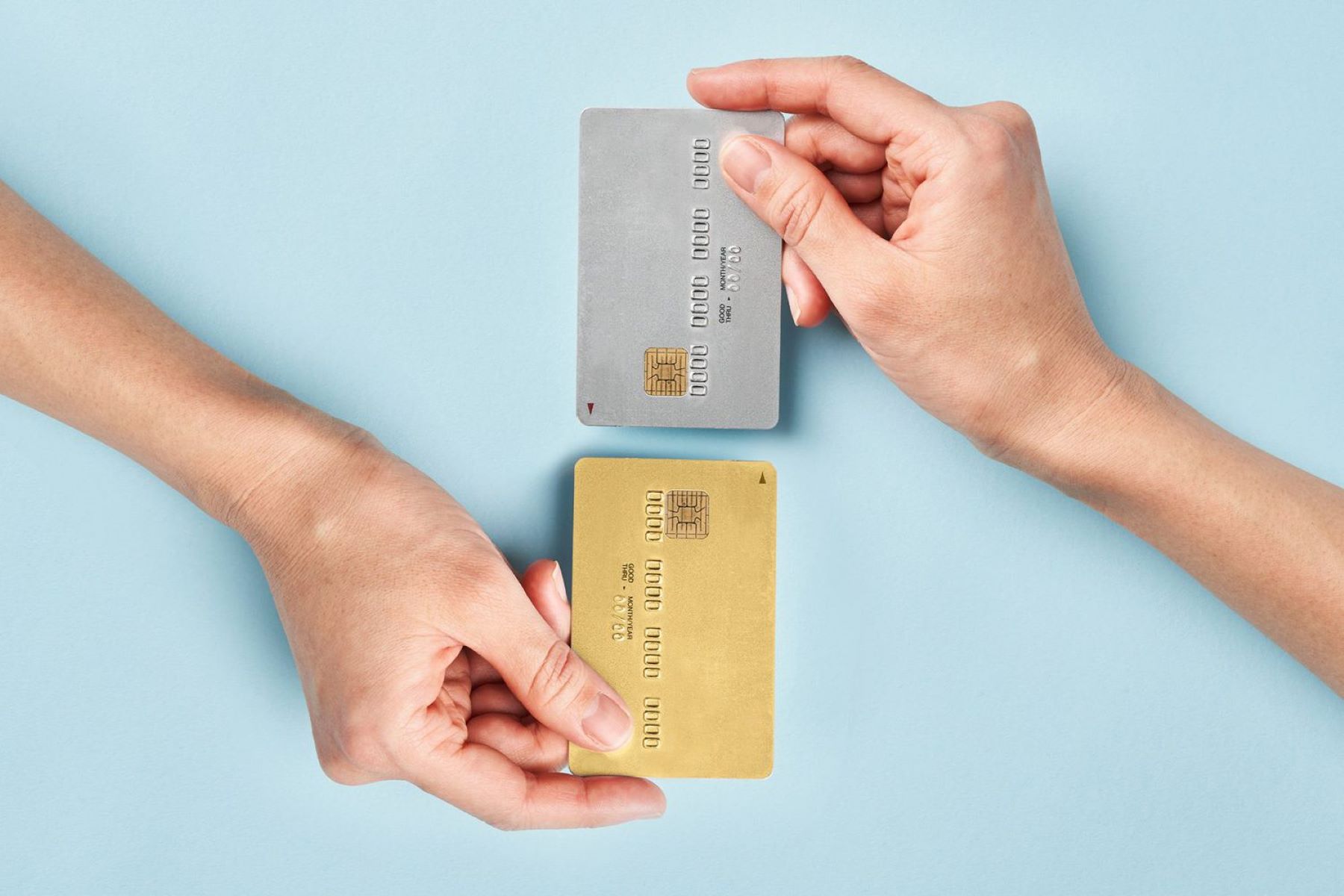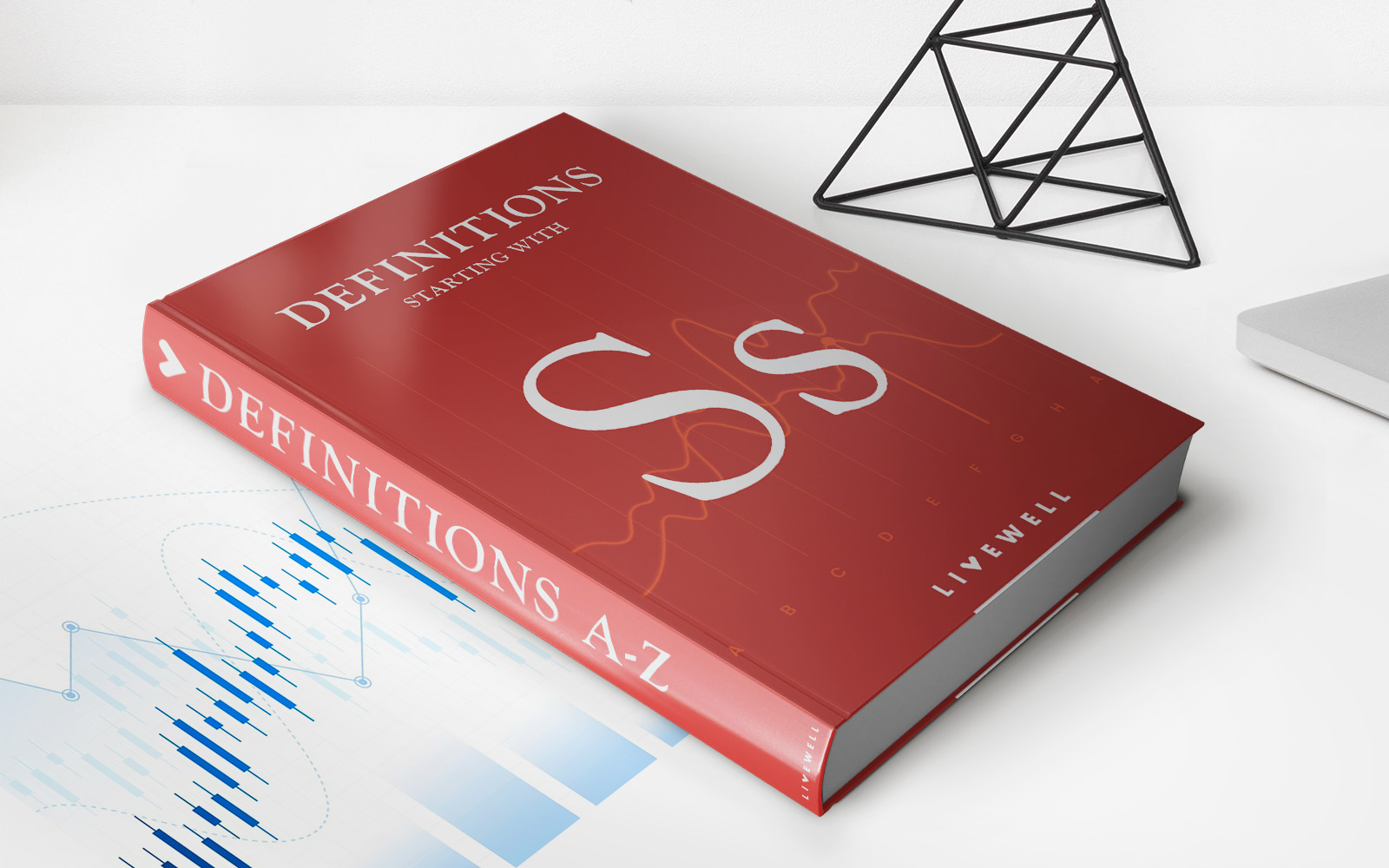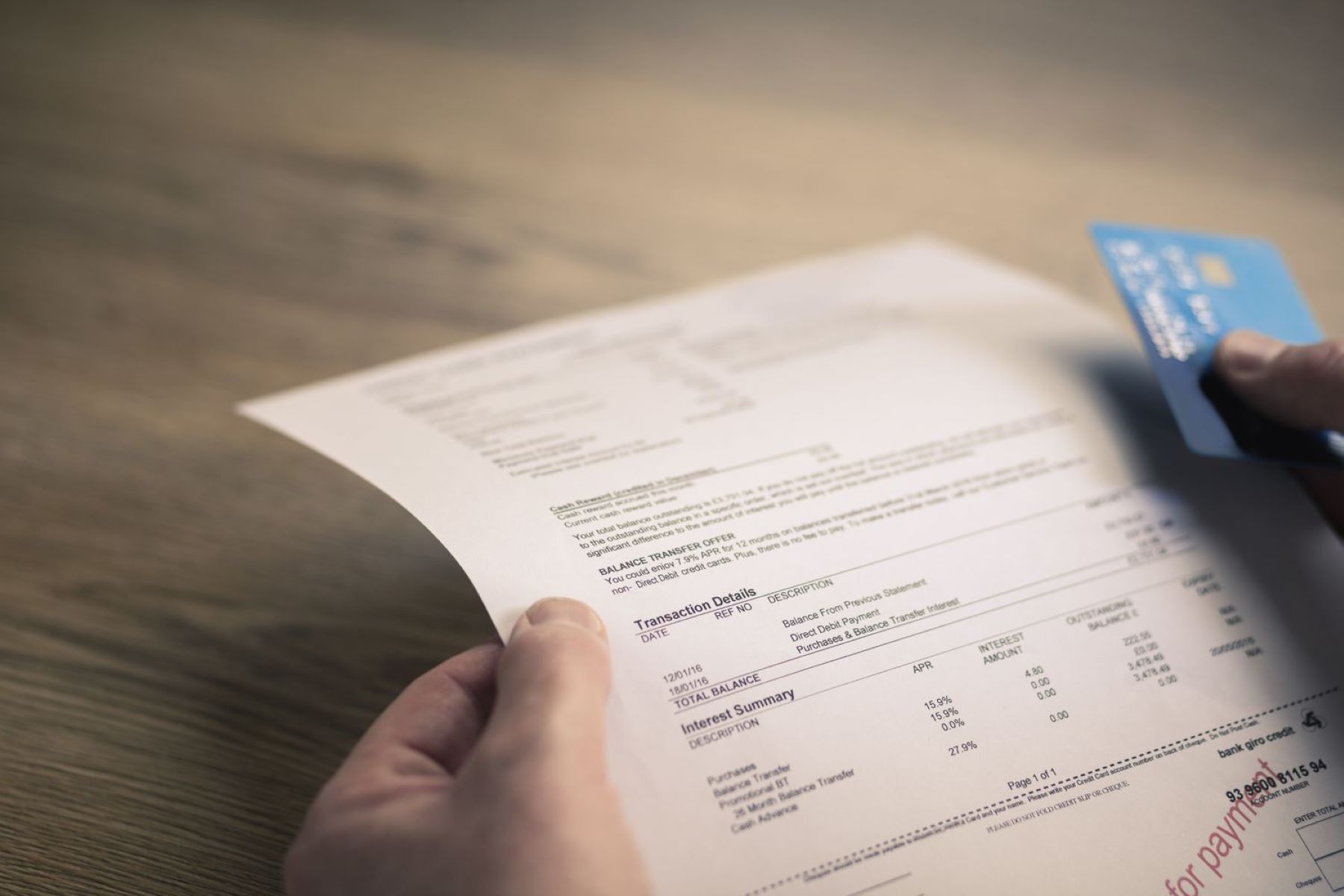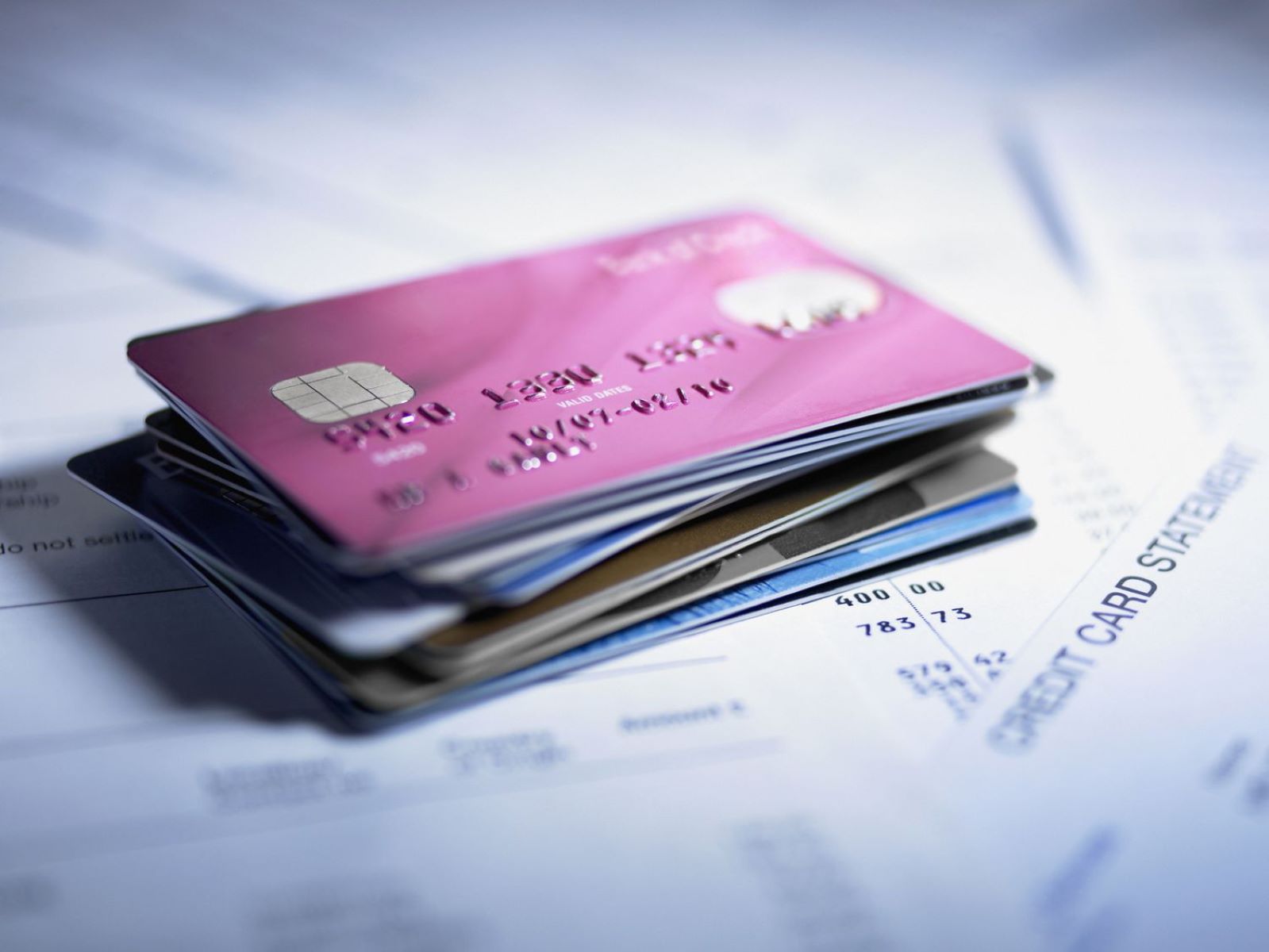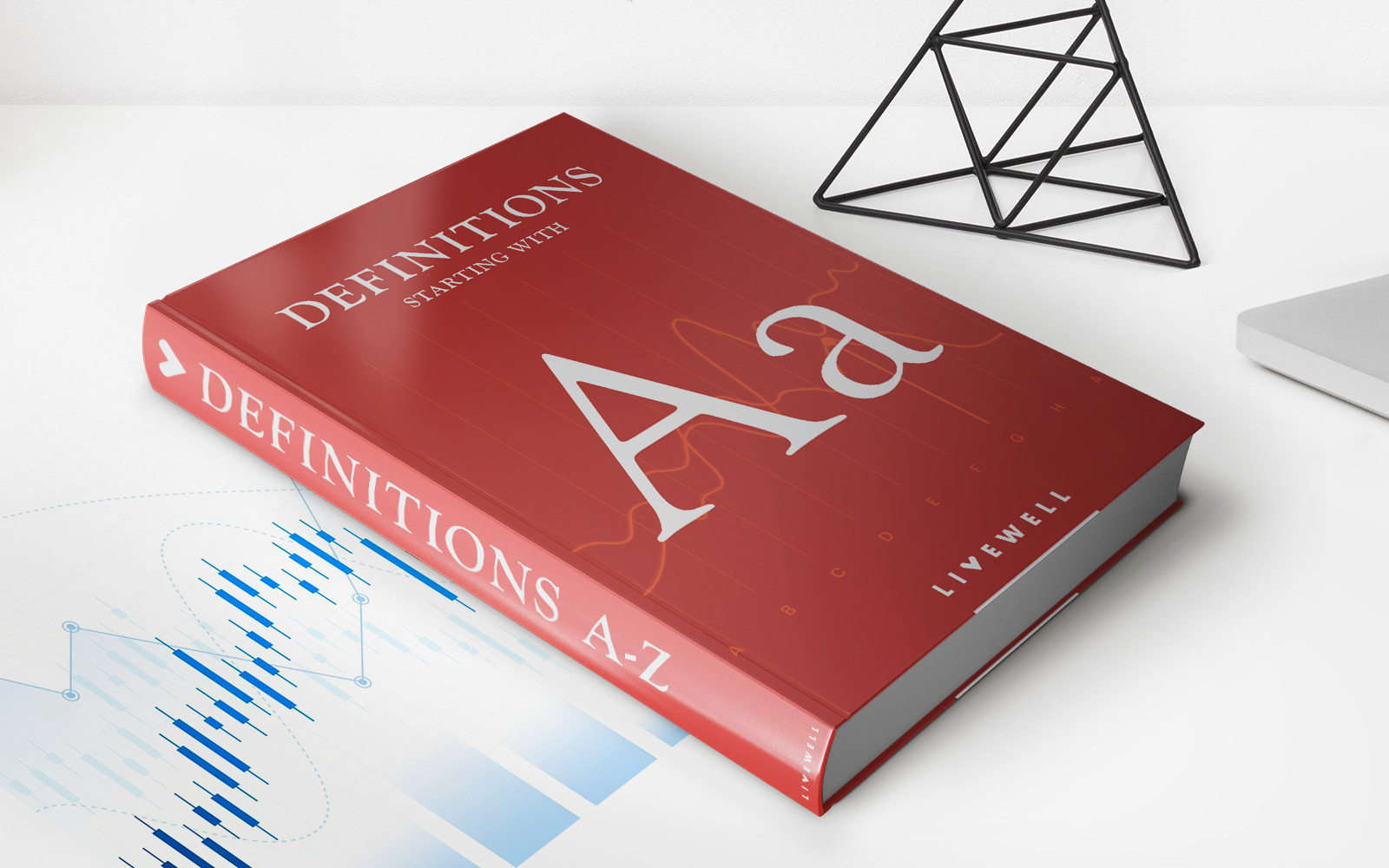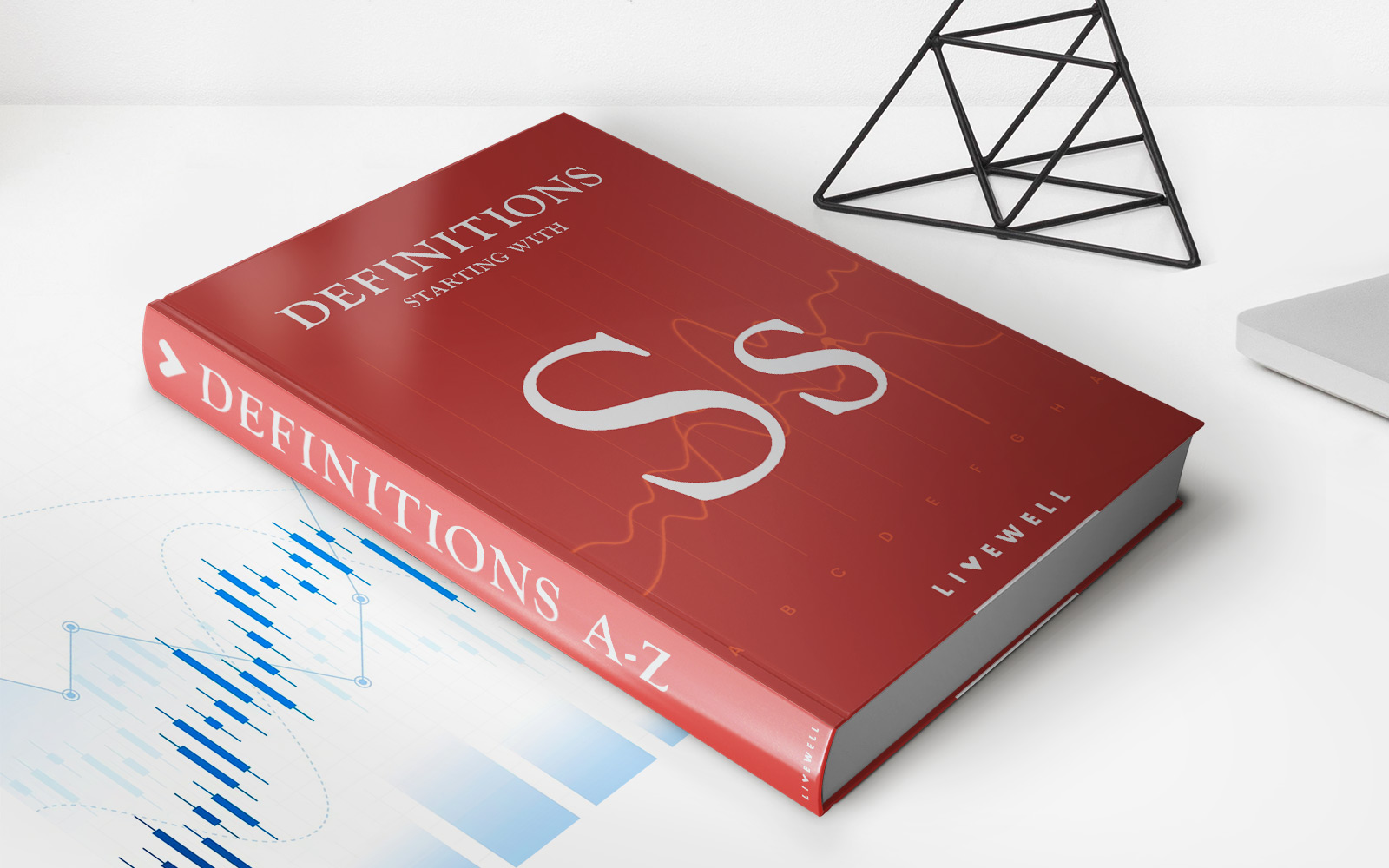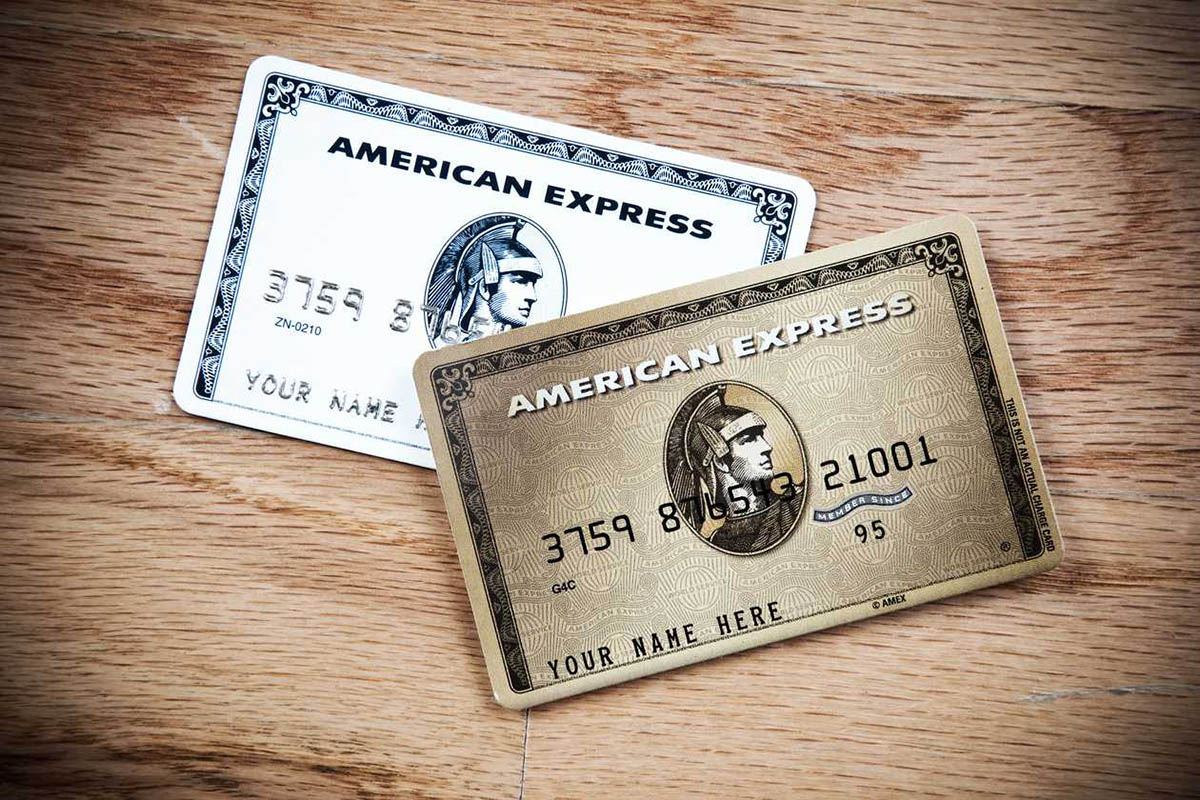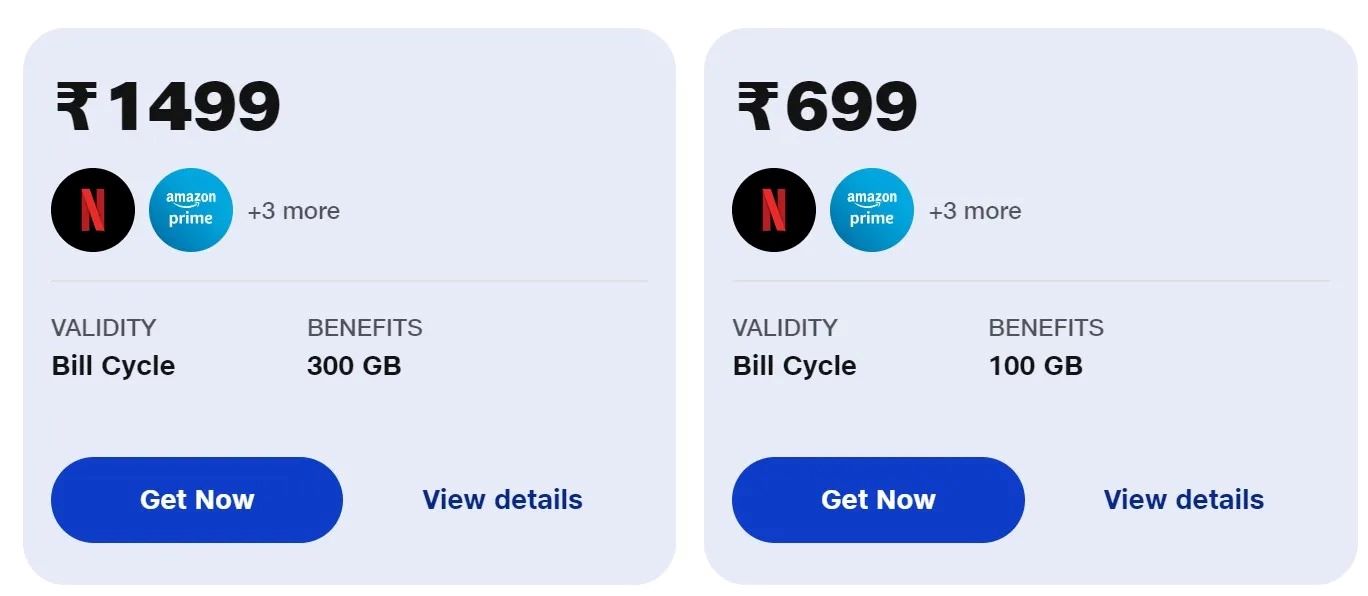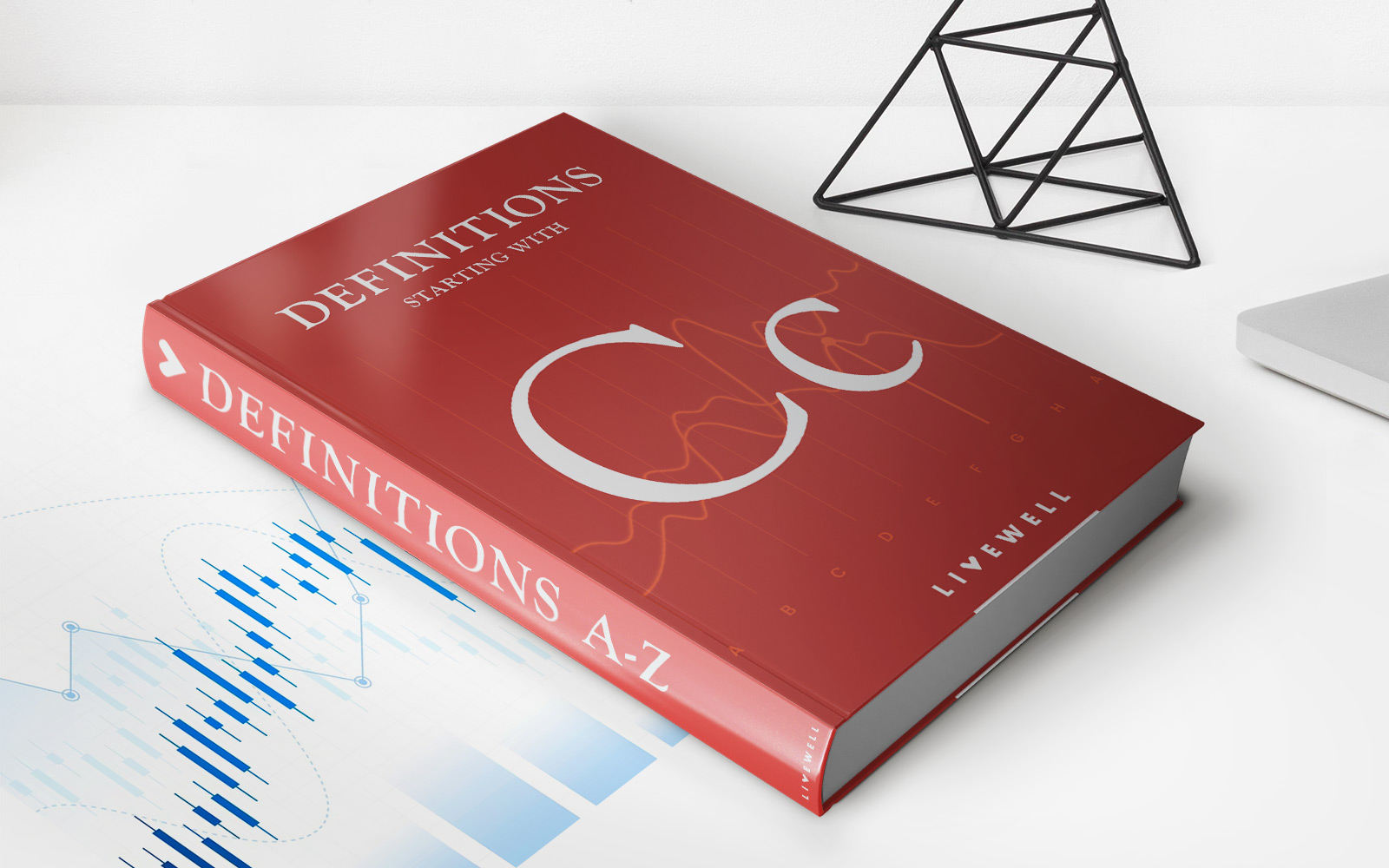

Finance
Charge Card Definition
Published: October 26, 2023
Learn the definition of a charge card in finance and how it differs from a credit card. Explore the benefits and features of charge cards for managing your finances effectively.
(Many of the links in this article redirect to a specific reviewed product. Your purchase of these products through affiliate links helps to generate commission for LiveWell, at no extra cost. Learn more)
The Charge Card Definition: What You Need to Know
Are you familiar with the term “charge card”? If you’re interested in personal finance or seeking ways to manage your expenses more effectively, understanding what a charge card is can be beneficial. In this blog post, we’ll provide you with a comprehensive charge card definition, how it differs from other forms of payment, and how it can impact your financial management.
Key Takeaways:
- A charge card is a type of payment card that allows you to make purchases without incurring interest charges.
- Unlike credit cards, charge cards typically require you to pay the outstanding balance in full each month.
So, what exactly is a charge card? In simple terms, a charge card is a type of payment card offered by various financial institutions that allows you to make purchases and pay for them at a later date. However, unlike credit cards, charge cards typically require you to pay off the full balance each month, effectively preventing you from carrying a balance and incurring interest charges.
Here are a few key features and benefits of using a charge card:
- Payment Flexibility: Charge cards allow you to make purchases without needing immediate funds. This flexibility can be particularly useful for managing big-ticket expenses or unexpected financial emergencies.
- Budget Control: With a charge card, you’re essentially committing to paying off your balance in full each month. This can help you maintain better control of your spending habits and prevent the accumulation of debt.
- Rewards and Perks: Many charge cards come with attractive rewards programs, offering benefits such as cashback, travel rewards, or exclusive discounts. These perks can help you save money or enhance your lifestyle.
However, it’s important to note that charge cards may also have some aspects that require careful consideration:
- Annual Fees: Some charge cards may come with annual fees, which you need to factor into your overall financial planning.
- Strict Payment Schedule: Since charge cards require you to pay the full balance every month, failure to do so may result in late payment fees or potential negative impacts on your credit score.
- Limited Acceptance: While charge card acceptance is widespread, it may not be as widely accepted as credit cards, particularly in certain regions or for specific types of transactions.
In conclusion, a charge card is a valuable financial tool that offers payment flexibility, budget control, and attractive rewards. It’s important to fully understand the terms and conditions associated with a charge card before applying to ensure that it aligns with your financial goals and needs.
If you’re interested in exploring charge cards further, we recommend consulting with a financial advisor or researching various charge card options provided by reputable financial institutions. Remember, as with any financial decision, responsible usage and proper financial management are key to maximizing the benefits of charge cards while minimizing potential risks.

